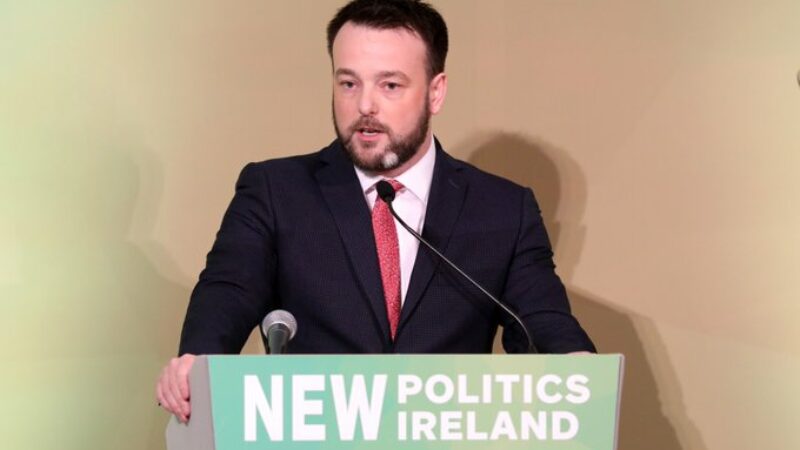
For the SDLP, Labour’s Northern Irish sister party, the 2019 general election ended a difficult year on a positive note. The party was a major winner on election night in the North, gaining back the two Westminster seats it lost in 2017. It started the day with no MPs and ended it representing the two safest seats in Northern Ireland.
In the post-election wash up, the question has been asked as to whether this represents a wholesale turnaround of the party’s fortunes. But it is important to understand the context of both results.
South Belfast, one of Northern Ireland’s most affluent constituencies, produced a shock result in 2017 when the DUP’s Emma Little-Pengelly won the seat from the SDLP’s Alasdair McDonnell. He had held the seat for 12 years. That a constituency often stereotyped as a liberal, middle-class bubble with little in the way of cross-community tensions could elect a DUP MP was a shock. A simple analogy might be to imagine one of Labour’s London heartland seats electing a Tory MP.
It is important to remember, however, that until 2005 South Belfast had been represented by a Unionist MP for well over 100 years. There is a significant Unionist vote in the constituency, and deep dissatisfaction with McDonnell and his party encouraged many voters to give Little-Pengelly – seen as a new kind of DUP rep – a chance.
The DUP’s reversal of fortunes in South Belfast since 2017 was largely the result of a concerted, local campaign. New MP Claire Hanna was already popular and effective as an MLA for the area and has been consistently the SDLP’s most impressive media performer, not least on Brexit, previously serving as the party’s spokesperson on the issue. She has also been identified with the party’s more Labour-orientated wing and resigned from the SDLP’s Stormont group following the party’s controversial agreement with Fianna Fáil, the conservative Irish party that currently makes up part of the government in Dublin. In many ways, Hanna was the ideal SDLP candidate for the constituency and a far cry from both the offer the party gave voters in 2017 and the DUP’s pro-Brexit pitch. The result was a massive 18.5% swing and a 15,000 majority.
Meanwhile Foyle, gained by party leader Colum Eastwood from Sinn Féin Elisha McCallion, has always been the SDLP’s stronghold. It was represented for decades by John Hume, the party’s leader awarded the Nobel Peace Prize for his role in the peace process, before returning party heavyweight Mark Durkan between 2005 and 2017. In this context, Sinn Féin’s victory in 2017, by a margin of less than 200 votes, can be seen as an outlier. Durkan was largely a victim of dissatisfaction with the SDLP and a willingness among voters to actively move away from the party and vote someone else, rather than simply not heading to the polls.
Yet Eastwood’s victory was not simply a reversal of this trend. The SDLP leader now has a majority of over 17,000, higher than even Hume’s in the 1997 election, when the party was at the height of their popularity. Eastwood, whose leadership of the SDLP has been criticised at times, was able to build his profile as a pro-European, anti-Brexit campaigner during the European elections earlier this year and also profited from the continued impasse at Stormont. The promise that if voters back the SDLP they will see themselves actively represented clearly cut through. It is no surprise that Eastwood became the first MP to make a maiden speech in the new parliament, immediately allowing him to speak in debates and be called as the party’s leader.
While the SDLP’s gains can be linked to dissatisfaction with the Stormont deadlock, Brexit and a desire for representation at Westminster by a party other than the DUP, there is also a strong local component to the party’s success. Both new MPs will be mindful of this and, while for the general calculations of parliamentary arithmetic they can be counted on to take the Labour whip, both are certain to be highly vocal on Brexit and the border in particular. If Westminster had grown to assume that the DUP’s MPs represented the majority Northern Irish view, it might be about to get a surprise.




More from LabourList
SPONSORED: ‘Industrial hemp and the challenge of turning Labour’s priorities into practice’
‘A day is a long time in politics, so we need ‘action this day’’
Strong support for child social media ban among Labour members, poll reveals